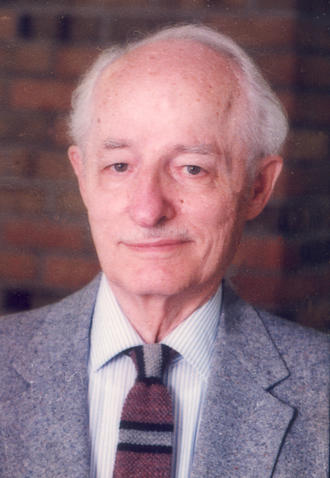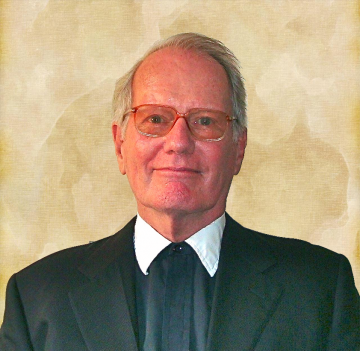Susan Kennel Harrison, former Bridgefolk Board member, recently offered the following reflection on the nature of interfaith dialogue on the blog site State of Formation.
To be “good” at Interfaith dialogue you need to first know the beliefs of your religious tradition, more precisely than your average practitioner, “the faithful.” You not only need to know the beliefs of your religious tradition but why it holds those specific beliefs. You also need to know how those of other denominations of your religious tradition might believe differently, and why; the nuances of where/why your part of the same tradition might not agree with them doctrinally or where you vary in practice. Continue reading “Susan Kennel Harrison: True dialogue doesn’t allow you to give up your distinct beliefs”




